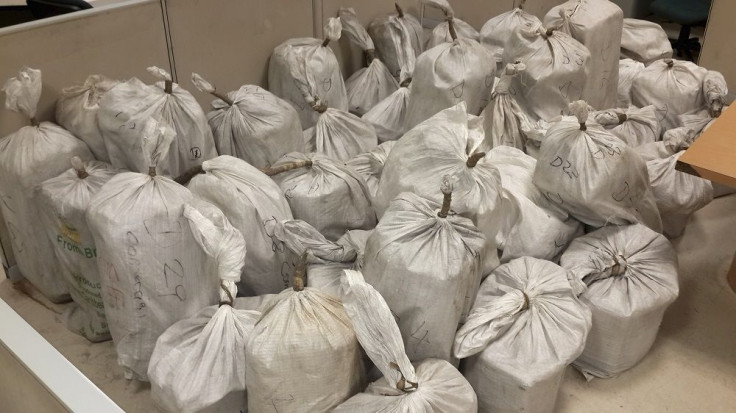Scientists and senators say DEA reclassification of medical cannabis can boost scientific research

The research to develop cannabis as a medical drug can go much further if the Drug Enforcement Administration (DEA) were to reclassify it. The plant that is used to produce medical marijuana can be found under the DEA’s Schedule 1 listing which practically identifies it as a dangerous substance that can be prone to abuse. This positioning is probably one reason why some states have been holding off on passing legislation for its farm-to-pharmaceutical-store supply chain, though 27 have already done so. Meanwhile, respected cannabis proponents are lobbying the drug regulatory body to reposition cannabis to make the way more open for studies that can definitely prove its medical advantages.
This includes eight legislators themselves who basically said the same in a letter they wrote the DEA. The signatories are Senator Barbara Boxer, Senator Edward Markey, Senator Jeffrey Merkley, Senator Barbara Mikulski, Senator Elizabeth Warden and Senator Roy Wyden. After citing that medical marijuana is being used to treat patients with cancer, multiple sclerosis, HIV, and epilepsy, the letter emphasised that “there is no substitute for rigorous clinical and preclinical research” on these benefits to patients.
It also pointed out that the Schedule 1 listing is a definite barrier to further studies that can produce results that will help millions of Americans with the aforementioned medical conditions. Finally, the letter specifically asked the DEA for concrete deadlines on Food and Drug Administration’s research on marijuana, the DEA’s own recommendations following same and an actual timeline on when the agency will re-evaluate its Schedule 1 classification of cannabis.
According to the New Scientist, downgrading the status of cannabis to at least Schedule 2 can allow scientists to ask for federal funding for marijuana-related research. The current procedure right now under Schedule 1 is complicated and lengthy. First, approval is not usually given quickly. Second, once it is given, the researchers can only buy their cannabis from the federally sanctioned farm of the University of Mississippi. The final hurdle is getting actual funding to continue the research; potential investors hesitate to put in the money once they discover the Schedule 1 category.
Information is the key to winning this campaign, like in all other public issues. The apprehensions about cannabis in the public mind, or perhaps even those in the governing bodies, can be answered by bona fide research that does elaborate on the medical benefits of cannabis. One health and wellness company that has taken the lead is the California-based Med-X, Inc ., which produces the online publication “The Marijuana Times.” This internet magazine discusses thoroughly the various aspects of cannabis growth, the rigorous procedure that makes the drug safe for patients, and the medical conditions it is being used to treat.
Scientists working for the private sector in Colorado are also taking up the cudgels, as they are not able to get the same support from the public institutions. According to the Denver Colorado Channel, Dr Kent Hutchison of the CU Boulder, Change Lab is one of the handful who do marijuana experiments on their own indirectly, and with little funding. The limitations can dictate the future of the research. Hutchison said that while the benefits of marijuana for epileptic children show promise, they cannot be ruled as conclusive without more support.
That support can increase only if the DEA reclassifies cannabis and lowers it from Schedule 1 status. He alluded to as much when he said during the interview that for scientific researchers to expand their work about marijuana, they need someone in authority “to tell the universities that they won't get in trouble if they're allowed to do the research."




















